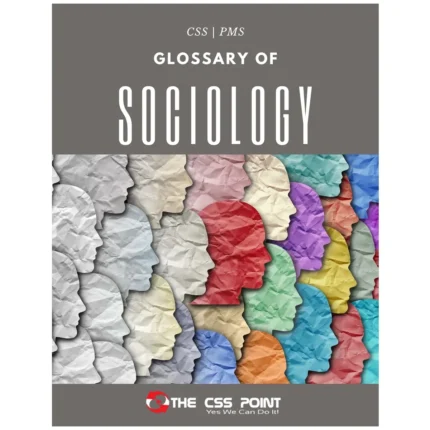Understanding cooperative human behaviour depends on insights into the biological basis of human altruism, as well as into socio-cultural development. In terms of evolutionary theory, kinship and reciprocity are well established as underlying cooperativeness. Reasons will be given suggesting an additional source, the capability of a cognition-based empathy that may have evolved as a by-product of strategic thought. An assessment of the range, the intrinsic limitations, and the conditions for activation of human cooperativeness would profit from a systems approach combining biological and socio-cultural aspects. However, this is not yet the prevailing attitude among contemporary
social and biological scientists who often hold prejudiced views of each other’s notions. It is therefore worth noticing that the desirable integration of aspects has already been attempted, in remarkable and encouraging ways, in the history of thought on human nature. I will exemplify this with the ideas of the fourteenth century Arab- Muslim historian Ibn Khaldun.
[button point, url=”https://hostnezt.com/cssfiles/sociology/Ibn%20Khaldun%20on%20Solidarity%20Asabiyah.pdf” class=”blue” bg=”” hover_bg=”” size=”0px” color=”” radius=”0px” width=”0px” height=”0px” target=”_blank”] download link 1 [/button]

























Reviews
There are no reviews yet.